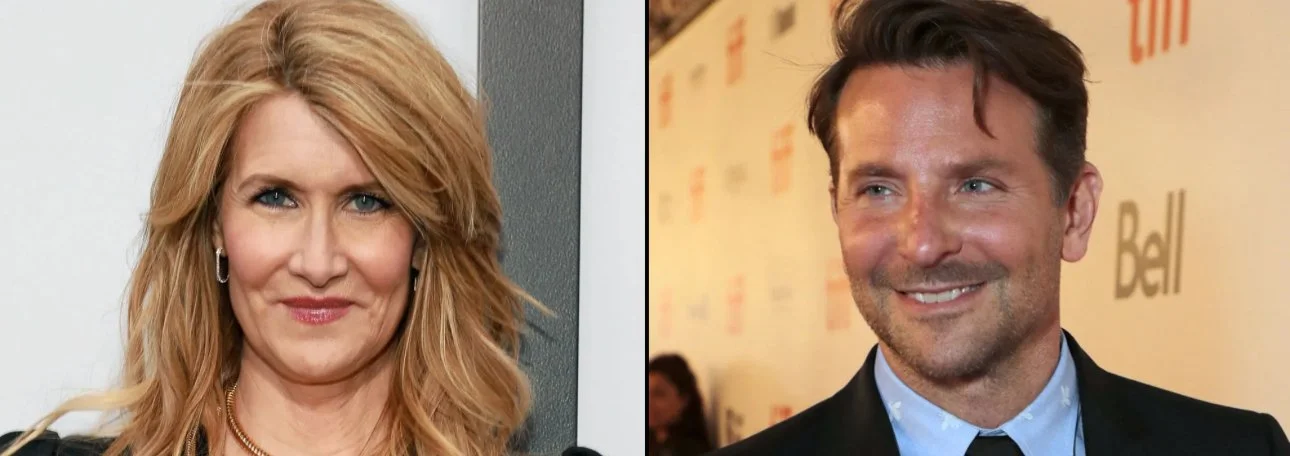Props to film critic Thelma Adams for her write-up titled “Why Writing Top Ten Best Lists Is the Worst,” in which she discusses a few elephants in the room when it comes to film criticism these days.
Point #1: “Every time I see "A Star is Born" atop a list, I think my fellow critics must be on crack. The remake is a Bradley Cooper vanity production headed for some kind of apocalyptic end-of-aesthetics-as-we-know-them accolades come Oscar season. Cooper, from the dais, will be both humbled and honored. I can’t wait. What can be expected of a film where the signature song is ‘Shallow’? Not that it doesn’t have its value: it’s best seen with a gaggle of inebriated friends late at night like The Rocky Horror Picture Show.
Me: Correct! "A Star is Born" has an excellent first hour, but the second hour sinks in part due to Gaga's strain with the more dramatic requirements in the acting and just the overall deja-vu predictability of the whole thing. Yes, Cooper's direction is excellent but it is very much aided by his decision to hire cinematographer extraordinaire Matthew Libatique who helps bring a much-needed sense of professionalism to Cooper's rookie debut.
Point #2: “The diversity spread. In the current climate, loathe be the critic who doesn’t do a little shifting to ensure that their list isn’t simply the best films but also mixes in ample women directors, those of color and LGBQT. This is laudable — but in a studio and independent system where white males still dominate the films in the pipeline, this could lead to stretching. Hence "BlacKkKlansman," a clumsy if well-cast period comedy based on a fantastic idea: a black man goes undercover in the Colorado KKK and meets Grand Wizard David Duke. But…it reflects Spike Lee’s fatal flaw: his inability to get out of his own way and tell the urgent story at the center of his movies.”
Me: Ah yes, virtue signaling, the action of publicly expressing an opinion to purposely demonstrate one’s good character or the moral correctness one might have. It’s all over the web and, you bet your bandersnatcher, it has turned into an epidemic in film criticism. Look, I thought “BlackKklansman” was highly entertaining, so I wouldn’t use that film as an example, but there were plenty of examples this year, and last year and the year before that, where blatant examples of virtue signaling happened. I’m glad Adams mentioned it. Fact of the matter is this: Film productions are dominated by white males, so the odds are in favor of the best films of the year being directed by that demographic; however, don’t tell film critics that, they put on their beer goggles are ready to proclaim stuff like "Sorry to Bother You," "If Beale Street Could Talk," "Widows" and "Blindspotting" one of the year’s best films.





